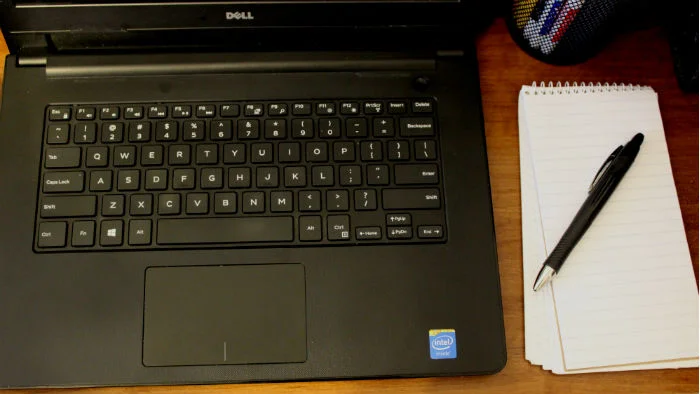Six trade-offs of being your own boss
Google “freelancing” and you’re bound to find articles about how great it is to be your own boss. For the most part, the declarations of how cool it is to work in your pajamas, set your own hours, and be in command of every workday are quite true.
Studies show that people are generally more productive when working from home, and now I know why. The two best things about freelancing are being able to control your work environment and picking the stories you want to do. (Also, filing stories in my pajamas is awesome. I highly recommend it.) You’re free to work at the library, the coffee shop, your home office or wherever you’d like that has a good, secure Wi-Fi connection. You can take your lunch break—or in my case, a lunch/yoga break—whenever you choose.
But there are underlying trade-offs to being your own boss. Here are some unexpected trade-offs that come with not having a full-time boss that I discovered along the way:
You’ll have more than one boss: While you don’t have one person or company to work for, your clients become your new bosses. Instead of meeting the expectations of one boss, you’ll have multiple people to please. And their happiness is more directly linked to your cash flow than at a full-time job. Your clients will directly give you feedback about your work, and you must be able to professionally accept that criticism as you continue working for them.
You’re responsible for investing in your business: As the money begins rolling in, it’s important to invest it into your business. While some companies offer transportation reimbursement or other assistance, it’s mostly your responsibility to make sure you have what you need. Stock up on pens and reporters notebooks. Get your computer fixed and splurge on a good DSLR camera. Do it now in order to reduce the stress of not having what you need when you’re up against a deadline. (I’ve been there. It blows.) You’ll at least have the freedom to pick out what you like.
You can set your own hours, but they’re generally 9-to-5-ish: Unless you’re covering breaking news on a freelance basis, most of the work you put in will be in between 8 a.m. to 6:30 p.m., because that’s the time-frame within which most people and businesses work. If you’re more of a morning person, get up earlier. If not, you can wake up a little later. Your schedule will mostly hinge on deadline the agreed upon by you and your client. For me, it’s nice to be able to take care of things in the middle of the day on slow days, but it's important to seize the 9-to-5 time slot in order to reach my important sources as soon as possible.
You have to be very disciplined: There's no boss there to hold you accountable. The only two things that will are upcoming bills and your desire to tell stories. I try to get things done early, but life happens when you least expect it. Procrastinators take note.
You have to make an effort to be social: I spend most of my days working from home, which is a dream for an introvert like me. But now I don’t have coworkers to mingle with every day, I have to make time for meeting new people and keeping in touch with friends and loved ones. Grab lunch with friends. Go to that slightly intimidating network event. It’ll help you meet potential clients, start a support system of freelancers who understand the struggle and keep you from becoming a hermit.
The flexibility of freelancing is great, but it does come with another set of responsibilities. Thankfully, if you love what you do, it always doesn’t feel so much like work.
Did I miss anything? Drop me a line or leave a comment!




